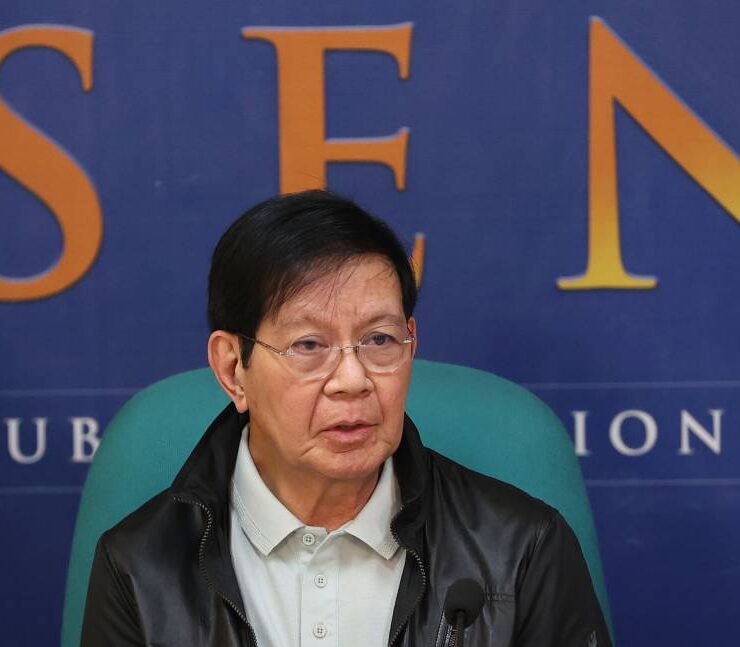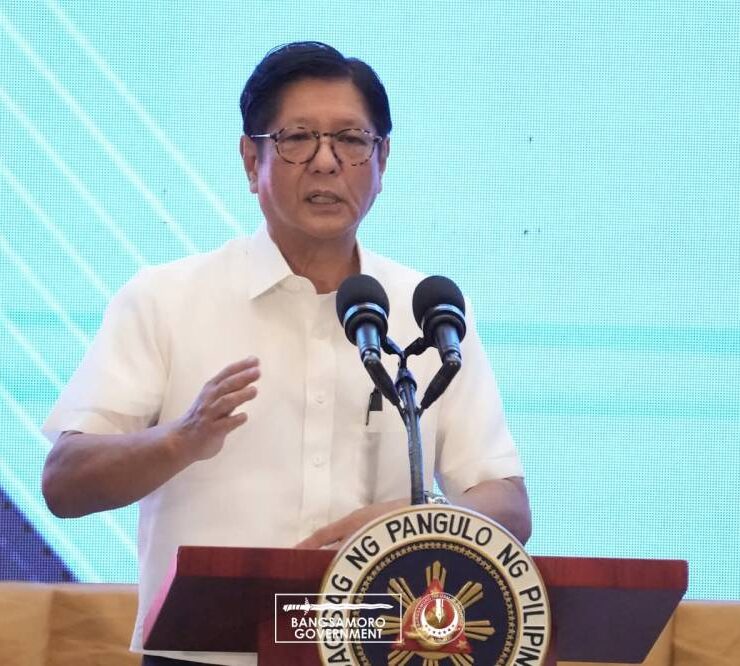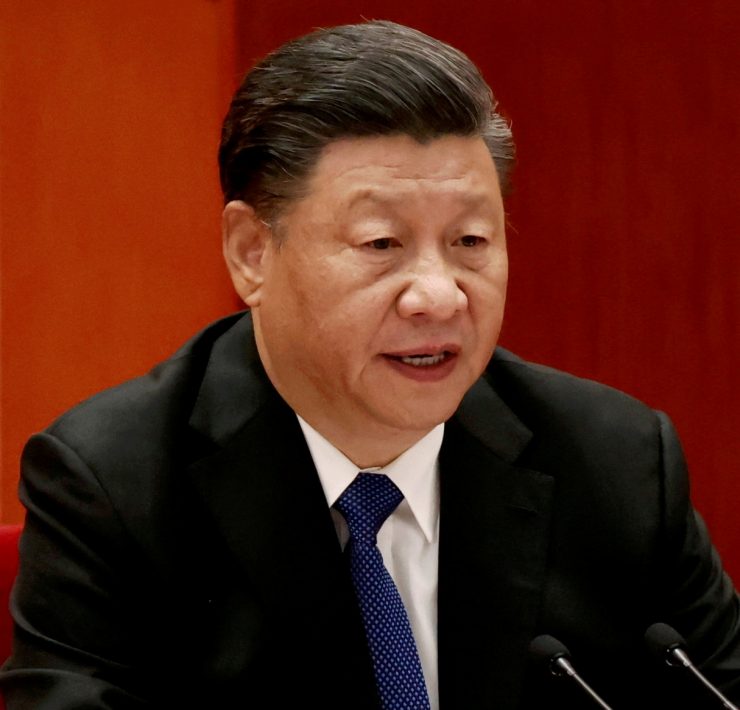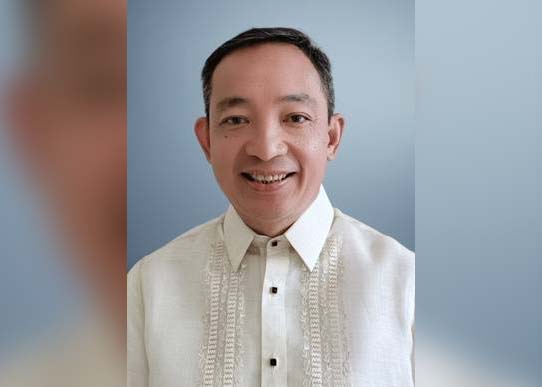Putting ‘limits to gaming access’ is an option–BSP
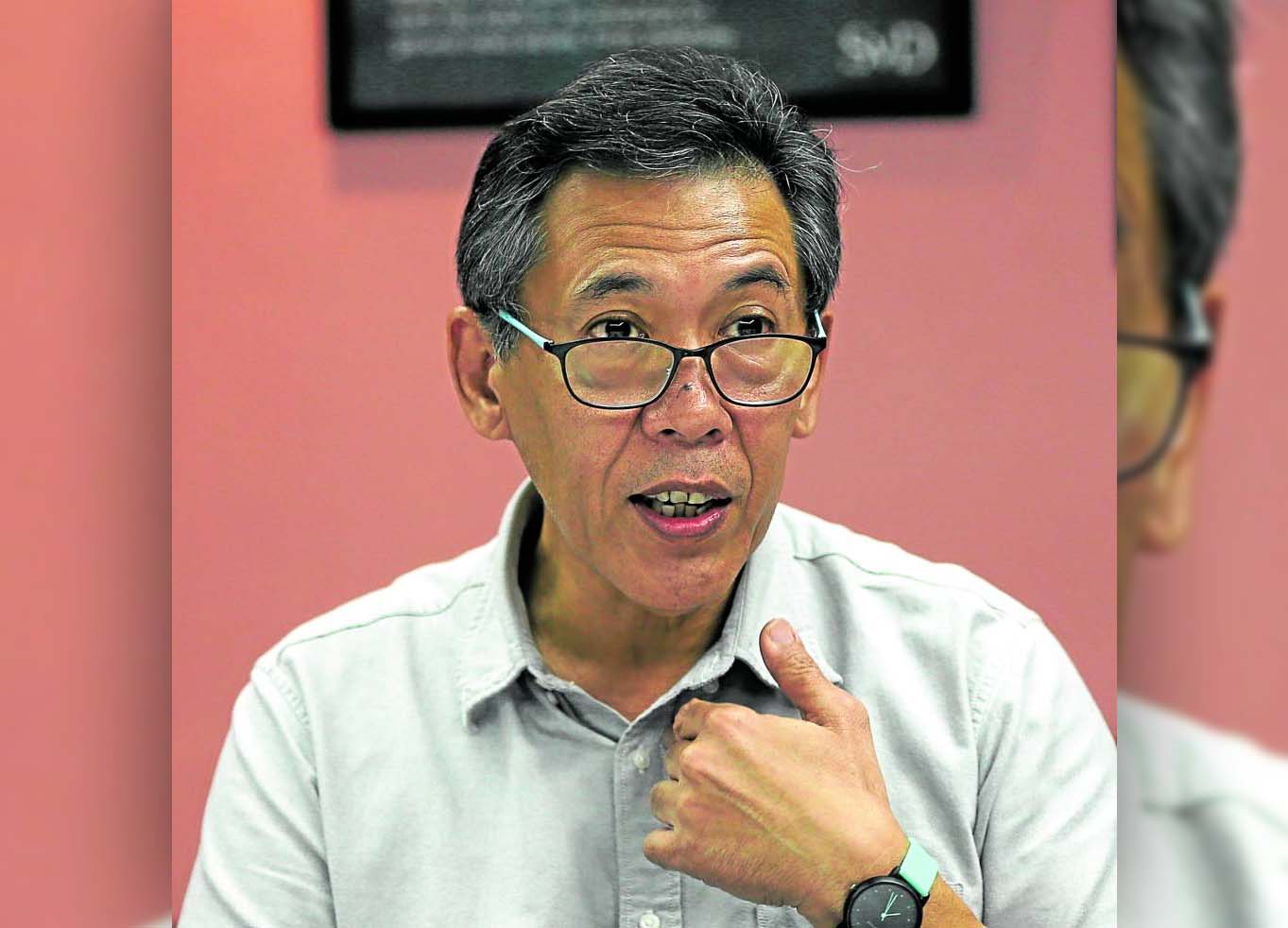
The Bangko Sentral ng Pilipinas (BSP) said it was ramping up efforts to protect individuals who use digital platforms against the dangers that may arise from engaging in online gambling.
In a statement on Thursday, the BSP said it had released a draft circular on the matter and that it was currently reviewing feedback from stakeholders.
This came after Cardinal Pablo Virgilio David, president of the Catholic Bishops’ Conference of the Philippines, called out the government for failing to protect Filipinos, especially the youth, from becoming “gambling addicts.”
It also followed the bill filed by Sen. Sherwin Gatchalian on Tuesday that seeks to tighten regulations on online gambling by prohibiting the use of e-wallets for the activity.
More protection
The BSP said the draft circular would require BSP-supervised institutions, mainly banks and electronic money issuers, to improve measures protecting the users of their digital platforms from such risks.
“Protection may come in the form of various limits to gaming access,” it said.
The monetary authority said it was “taking a collaborative approach to crafting the circular, to ensure that the final policy strikes a balance between protecting consumers and preserving access to digital payments for licensed businesses.”
Stock market dips
Meanwhile, the shares of stock market favorite DigiPlus Interactive Corp. fell yet again on Thursday. This time, the drop is more steep at 13.89 percent, a loss of P6.25 to P38.75 percent a share.
DigiPlus shares lost 3.85 percent of its value on Tuesday following news about Gatchalian’s bill. On Wednesday, DigiPlus lost 10 percent or P5 to close at P45 per share.
Also on Thursday, shares of casino operator Bloomberry Resorts Corp., which is also in the online gaming business, shed 6 percent or 30 centavos to close at P4.70 apiece.
The BSP’s latest step builds on earlier actions related to online gaming.
In 2021, the central bank issued a directive that prohibits regulated entities from dealing with unlicensed gambling operators.
In 2022, the BSP ordered e-wallet companies and other BSP-supervised entities to remove links to electronic “sabong” (e-sabong) from their platforms.
This followed the suspension by the national government of all e-sabong operations.
Akbayan joins drive
Also in response to Cardinal David’s statement of concern, the House party list group Akbayan on Thursday said it would file a bill to strictly regulate online gambling.
The measure will be “imposing firm age restrictions on e-gambling platforms and removing access to e-wallet services like GCash and Maya, (which are) often used to easily fund online bets,” the party list group said in a statement.
“In gambling, not only chips or money are at stake but dreams. For every cash-in made on an e-gambling app, there are families being ruined and youths being robbed of their future,” Akbayan Rep. Chel Diokno said.
“They say ‘you win some, you lose some’—but only the big gambling corporations win from the dreams others lost,” he added.
The proposed measure calls for strict age-verification mechanisms and penalties on operators who fail to implement restrictions, especially on “targeted advertising and pop-ups designed to lure minors.”
Star of Edsa billboards
Fellow Akbayan Rep. Perci Cendaña also stressed that the rise of online gambling reflects deeper socioeconomic neglect—where economic mobility is no longer anchored on public services, but on luck.
“When our people are starved of opportunities, desperation becomes the only currency,’’ he said. “Is gambling now a basic necessity? The giant billboards on Edsa now promote e-gambling (and not just) food or fashion.”
Policy experts, economists, and other stakeholders are fine-tuning the draft bill, the group said.
According to the Philippine Amusement and Gaming Corp. (Pagcor), e-games were its leading revenue generators in the first quarter of 2025, contributing P51.39 billion, or 49.36 percent of the total gross gaming revenue (GGR) of P104.12 billion.
The first quarter growth was a substantial 27.44 percent increase compared to the same period last year.
Pagcor chair and CEO Alejandro Tengco highlighted this as a crucial shift in the Philippine gaming landscape, emphasizing the need “to strike the right balance between innovation, player protection and long-term industry sustainability.”
In comparison, licensed casinos generated P49.28 billion (47.32 percent), and Pagcor-operated casinos accounted for P3.45 billion (3.31 percent).
Pagcor has accredited 64 gaming system administrators and 12 online gaming platforms for licensed casinos as of June 19, 2025.
It projects a 17 percent growth in the local gambling industry’s total revenue for 2025, primarily driven by the strong performance of the e-gaming sector.
















